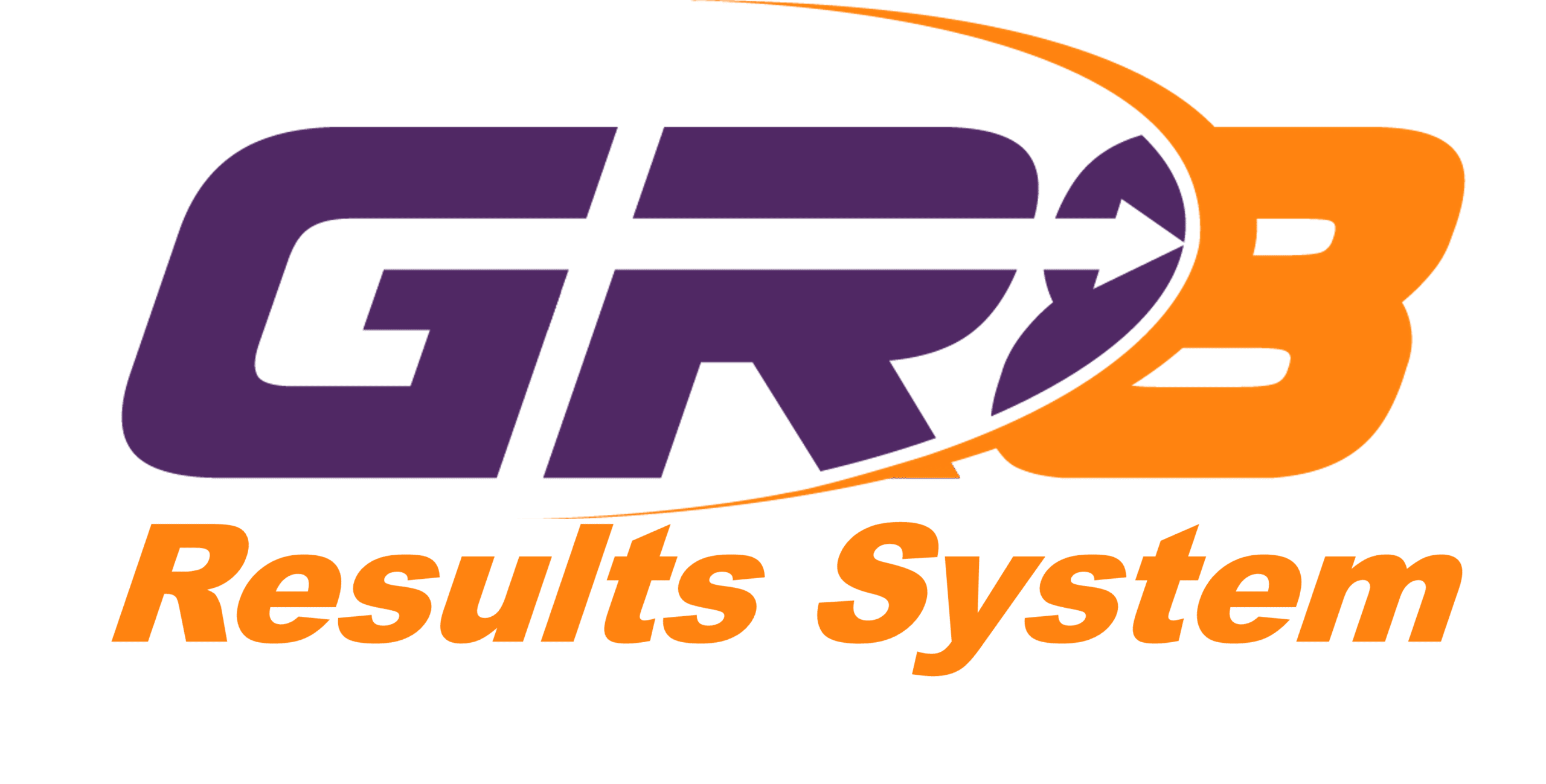If you don’t take control of distractions, you block your ability to focus when it matters most. Many distractions—like your phone, computer, tablet, or TV—are within your control. The fix is straightforward, but it still requires action: you have to defeat the distraction.
Often, it’s fear that stops you—fear of missing out, being uninformed, or unavailable when needed. That fear puts your devices in charge of you, instead of the other way around. When that happens, your thoughts fuel emotions that end up controlling your behavior.
With that in mind, here are four simple strategies to help you regain focus and overcome distractions.

Segment
You can conquer distractions by going back to school—well, not literally. But you can structure your time like a school day. Just like school runs on a schedule with set times for different subjects, you can assign blocks of time to specific types of work throughout your day or week.
Start by identifying the main categories that make up your work and life. Then, schedule them into your calendar:
- Priorities – Time for your top 1 to 3 most important tasks each day
- Administrating – Handling routine tasks and maintenance work
- Creating – Working on new ideas, content, or projects
- Consuming – Research, reading, and learning (not eating!)
- Communicating – Responding to emails, calls, and messages
“Creating” deserves its own space in your day—and it’s most effective when you schedule it intentionally. If you’re using our THP Process, you know that creativity doesn’t need to wait for inspiration or a deadline; it can happen on demand.
So, the key to deafeat distractions? Segment your time with purpose.
Simplify
Clutter makes it harder to focus. Most people work better in clean, simple spaces. Picture your desk with just the essentials. Your computer has only the needed programs open. The walls and floor are clear. Even soft music or noise-canceling headphones can help reduce distractions.
Would that kind of space help you focus better? If so, try spending 10–15 minutes once or twice a day decluttering. Start small with this list:
- Clear your desk
- Turn off notifications
- Clean your computer desktop
- Use calming music or headphones
- Tidy up the floor and walls
Don’t aim for perfection—just do what helps you focus. A cleaner space can help you think more clearly and work more effectively.
Slow Down
Slowing down brings big benefits:
- Better focus – Moving fast scatters attention. Slowing down helps you concentrate.
- Deeper work – You dig deeper when you're not rushing.
- More appreciation – You notice and value what’s around you.
- Greater enjoyment – Enjoying moments comes easier when you’re not in a hurry.
- Less stress – A slower pace calms your mind and body.
Ask yourself:
- Is a book better when rushed or when savored?
- Is food more enjoyable when wolfed down or slowly eaten?
- Is time with a friend better when distracted or when fully present?
Most things are better when you take your time. That includes your work.
"But I Can’t Slow Down"
You might think, “I don’t have the option to slow down.” Maybe your job or environment feels too demanding. That might be true—but don’t stop there. Ask: What can I control? Could you speak to your boss, adjust your schedule, or change how you manage your time?
Taking responsibility gives you power. You may have more choice than you realize. And when you reduce distractions, life often becomes more enjoyable.
Single Task
Multitasking sounds efficient, but it usually backfires. It:
- Wastes time switching between tasks
- Increases mistakes and stress
- Reduces your ability to absorb information
- Trains your brain to lose focus faster
A Stanford study found multitasking mimics adult ADHD symptoms.
As Charles Dickens said:
“He did each single thing as if he did nothing else.”
That’s the power of deep, focused work. It applies whether you’re building a business or brewing tea.
The key? Work on multiple projects, but focus on one task at a time. When one project hits a pause, switch to another. But don’t try to juggle tasks at the same moment.
Thomas Edison had a method: choose your ONE THING each day—the task that matters most—and keep returning to it whenever you’re pulled away.
Minimize distractions. Maximize your focus. And make real progress.
